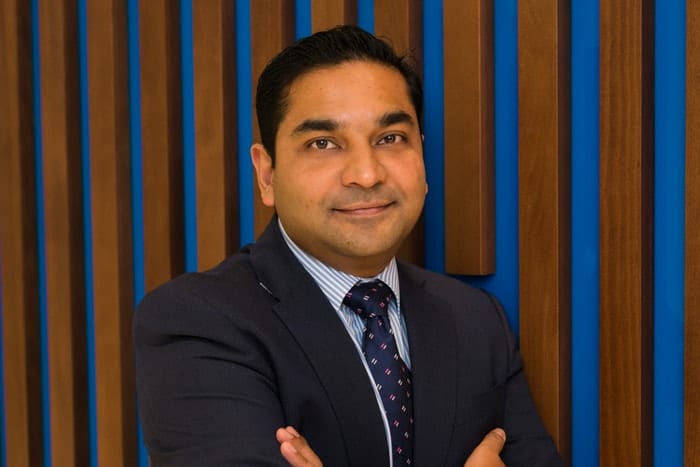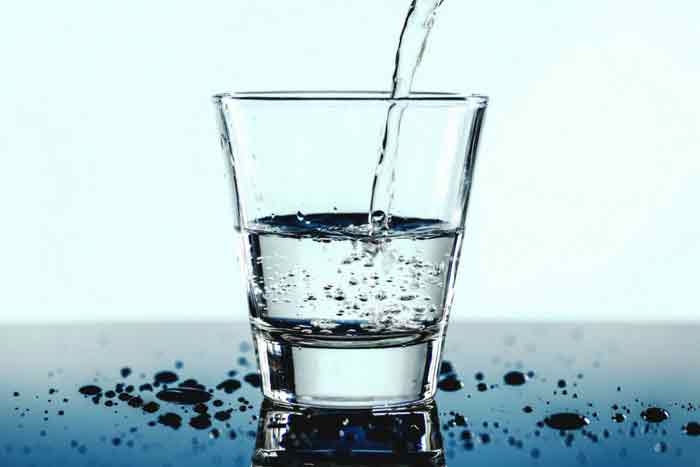As a parent and also a practicing pediatrician, I am all too often faced with this difficult conundrum…the child who doesn’t drink enough water. I regularly have parents in my clinic describing their woes about how their little (or big) one will not drink enough water. How their kids return with bottles of water from school still half full. And how the parents or the nannies are chasing after them with cups of water but are faced with the obvious crime of “SIP AND RUN”.

By Dr Binu George, Consultant Paediatrician (Neurodevelopment & Neuro-disability) at King's College Hospital London
That’s what kids do. Like little adults they will procrastinate and leave the most uninteresting and non-stimulating jobs till the end. If offered a cup of water they will often just pretend to take a sip and be off to play with their toys, continue with their video games, or YouTube videos or whatever kids find joy in doing these days.
Unfortunately, living in a hot country does necessitate that we maintain a certain level of hydration and this is most important for our children who often spend some time of the day outdoors. Another major issue connected with limited fluid intake is difficult and occasional passing of hard stools. Constipation in kids is not about frequency but more about the ease with which they do and the consistency of the final output. If your child has pellet stools, occasional massive stools which you wonder how they managed to pass out, the “monthly unexplained diarrhea” or just walking about with a bloated tummy you need to see your pediatrician to explore this further.

In the interim though, if we have a strategy of the child drinking at least 4 to 5 cups of water once they get home from school till one hour before their bed time, a few of these effects can be mitigated. In my experience, older children (above 6 or 7) will stick to this if explained why and kids younger than these will invariably enjoy it if enforced. After a while this becomes a habit and the kids seek out the water. I would suggest sticking with water and not juice or other liquids for the obvious reasons. The schools are the best place to enforce these habits as most of the kids will listen to what their teachers say even if the parents have been saying the exact same thing for ages. Schools should help enforce water drinking times and facilitate access to water bottles even if it is in between lessons.
Finally, food and bowel habits are exactly that- habits! If you wouldn’t let your child go to sleep whenever they want to but enforce a sleep routine, then why wouldn’t you do the same with bowel habits and toileting. It’s hard being a parent, but harder taking care of a child with the consequences of poor fluid intake…

